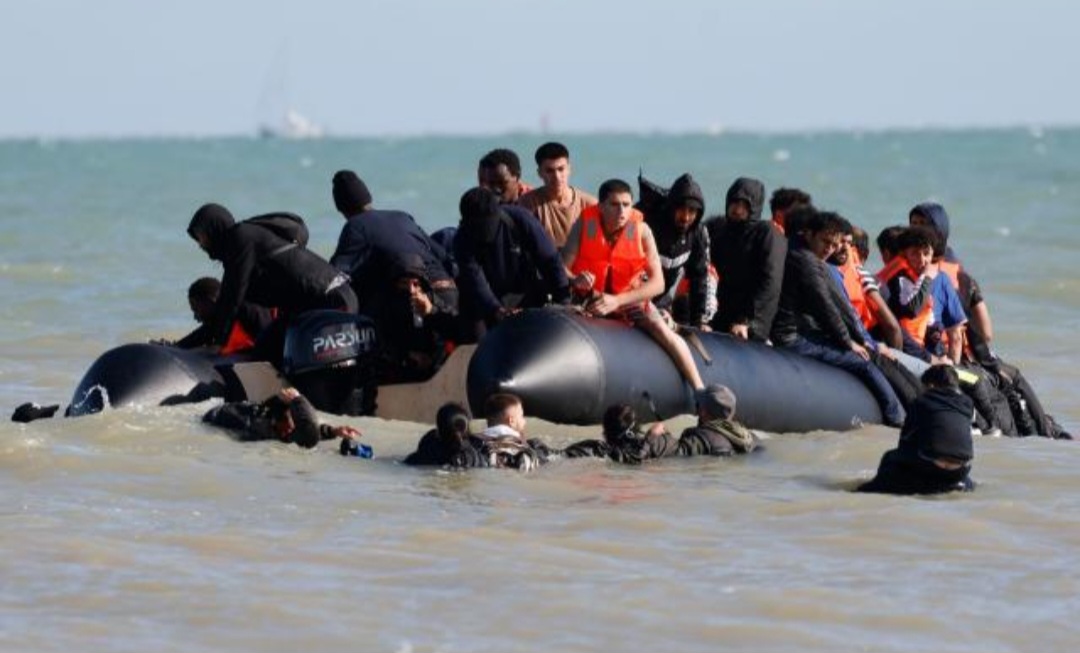More migrants could drown because UK deals with EU have cut off dinghy supplies, says Border Force (Video)

Migrants are more likely to drown in the Channel because there aren’t enough dinghies. Smuggling gangs fight over fewer boats, so they overcrowd them with more people, using cheaper materials.
Cooperation between the UK and EU has cut off supplies like dinghies and lifebelts from France. Deals with countries like Turkey and Bulgaria are also reducing the number of available boats for illegal crossings.
Recently, four migrants died when a small dinghy capsized with over 60 people onboard. In another incident, five migrants, including a woman and a child, died when a dinghy carrying 112 people got into trouble near the beach.
So far this year, over 14,000 people have crossed the Channel, which is more than last year and the year before. This has led to bigger boats carrying more people, increasing the risk of drowning.
French police face legal restrictions preventing them from stopping migrants from leaving on dangerous dinghies unless they have proof of criminal activity. This limitation means they can only disrupt departures by damaging the dinghies.
Efforts are underway to increase security, with the UK negotiating a £490 million deal with France to deploy more officers, enhance surveillance, and build facilities to process migrants.
Political leaders are discussing ways to manage the crisis, including faster deportations and potential agreements with the EU to return migrants.




